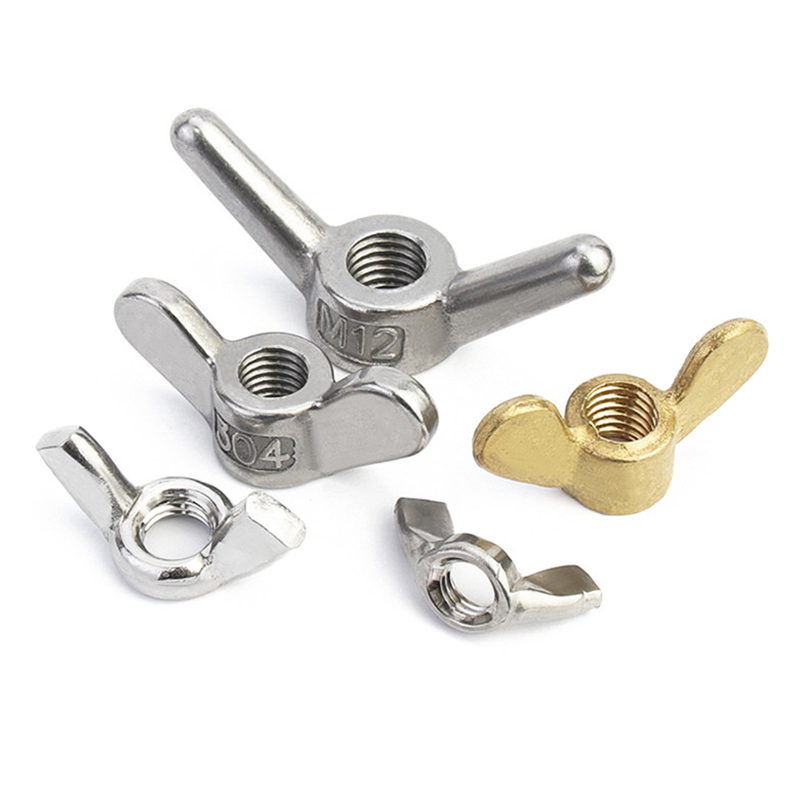

types of nut bolt
Th12 . 01, 2024 05:38 Back to list
types of nut bolt
Types of Nut and Bolt A Comprehensive Guide
In the world of fasteners, nuts and bolts are among the most essential components used in various applications, from construction to machinery and electronics. Their importance cannot be overstated, as they provide strength and stability to structures and devices. Understanding the different types of nuts and bolts is crucial for engineers, builders, and DIY enthusiasts alike. This article explores the various types of nuts and bolts, their applications, and the intricacies involved in selecting the right one for specific needs.
Types of Bolts
1. Hex Head Bolts These are the most common type of bolts, characterized by their hexagonal heads. They are typically used with a nut and are available in various sizes and grades. Hex head bolts provide good torque and can be used in a wide array of applications, including industrial machinery and automotive assemblies.
2. Carriage Bolts Recognizable by their rounded heads and square shoulders, carriage bolts are designed to be used with a square nut. They are often used in wood applications, as the square shoulder prevents them from turning when tightened. Carriage bolts offer a smooth finish and are ideal for construction tasks that require a strong hold.
3. Lag Bolts Also known as lag screws, these bolts have a large diameter and coarse threads, making them suitable for heavy-duty applications. They are typically used in woodworking to connect wooden beams or to fasten structures that require a secure grip.
4. Machine Bolts These bolts have a uniform diameter along their entire length and are used in machinery and automotive applications. Machine bolts provide a reliable connection and are available in different thread sizes to fit various requirements.
5. Shoulder Bolts These bolts feature a smooth, cylindrical shoulder beneath the head. The shoulder allows for precise axial movement, making them ideal for applications where rotation is required, such as in pulleys and levers.
Types of Nuts
1. Hex Nuts The staple of fasteners, hex nuts have a hexagonal shape and are designed to be used with hex head bolts. They are available in various grades and materials, offering versatility for numerous applications.
2. Lock Nuts These nuts are designed to prevent loosening due to vibration. They can be nylon-insert lock nuts or all-metal lock nuts, and they are crucial in applications where movement or vibration can compromise safety and integrity.
types of nut bolt

3. Castle Nuts These nuts have a notched flange that allows them to be secured with a cotter pin. Castle nuts are commonly used in automotive applications and on axles, ensuring that the nut remains securely fastened under load.
4. Wing Nuts With a pair of wings for easy hand-tightening, wing nuts are ideal for applications that require frequent adjustments. They are commonly used in furniture assembly and electrical enclosures.
5. Nylock Nuts These nuts have a nylon insert that grips the bolt thread, providing a secure and vibration-resistant connection. They are ideal for applications in vehicles and machinery where reliability is essential.
Choosing the Right Nut and Bolt
Selecting the appropriate nut and bolt involves considering various factors
- Material Common materials include steel, stainless steel, and aluminum. The choice of material depends on factors such as corrosion resistance and load-bearing capacity.
- Size and Thread Type It is essential to ensure that the threads of the bolt match those of the nut. Thread types include coarse, fine, and metric threads.
- Grade and Strength Fasteners come in different grades, determining their tensile strength. Higher grade fasteners are necessary for applications that involve heavy loads.
- Application Consider the specific demands of your application. For instance, a construction project may require heavy-duty lag bolts, while a machine assembly could necessitate precision shoulder bolts.
Conclusion
Understanding the various types of nuts and bolts available on the market is invaluable for ensuring secure and effective fastening solutions. By choosing the correct type based on the material, size, grade, and application, you can enhance the safety and reliability of your project. Whether in construction, automotive, or DIY endeavors, the right combination of nuts and bolts plays a crucial role in achieving strong and stable structures.
Latest news
-
Premium Fasteners Manufacturer | AI-Driven Solutions
NewsAug.01,2025
-
Hot Dip Galvanized Bolts - Hebei Longze | High Strength, Corrosion Resistance
NewsAug.01,2025
-
High-Strength Hot Dip Galvanized Bolts - LongZe | Corrosion Resistance, Custom Sizes
NewsAug.01,2025
-
Best Self Tapping Screws for Drywall - Fast & Secure Installation
NewsJul.31,2025
-
High-Strength Hot Dip Galvanized Bolts-Hebei Longze|Corrosion Resistance&Customization
NewsJul.31,2025
-
Hot Dip Galvanized Bolts-Hebei Longze Metal Products|Corrosion Resistance&High Strength
NewsJul.31,2025

